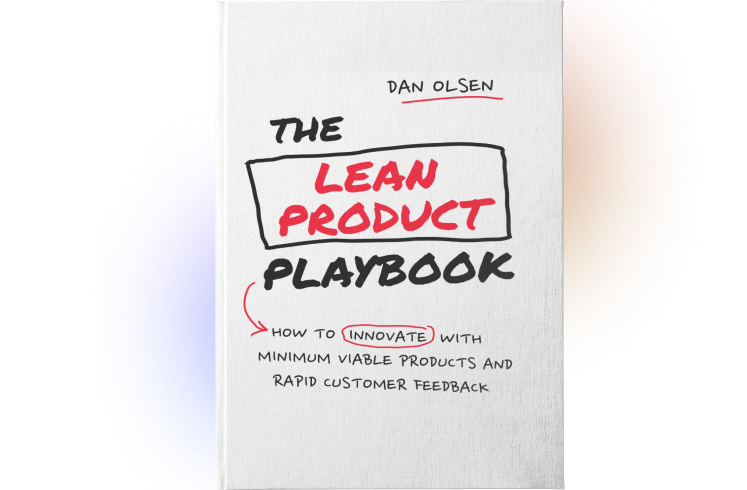The Lean Product Playbook is a practical guide to building products that customers love. Whether you work at a startup or a large, established company, we all know it’s hard to make great products. This book helps increase the chances of building successful products through clear, step-by-step guidance and advice.
The Lean Startup movement has provided new and valuable ideas on product development, but many companies have yet to successfully apply Lean thinking. Despite their enthusiasm and familiarity with the high-level concepts, many teams encounter challenges in adopting Lean because they feel they lack specific guidance on exactly what they should be doing. If you are interested in Lean Startup principles and want to apply them to develop winning products, this book is definitely for you. The Lean Product Playbook takes you through the following:
- Defining your target market
- Identifying underserved customer needs
- Creating a winning product strategy
- Deciding on your Minimum Viable Product (MVP)
- Designing your MVP prototype
- Testing your MVP with customers
- Rapid iteration to achieve product-market fit

Ready for next level product development?
Let's create a digital product that end users and business stakeholders will love and that is also future-proof, scalable, secure and easy to maintain.

 1 min
1 min 

